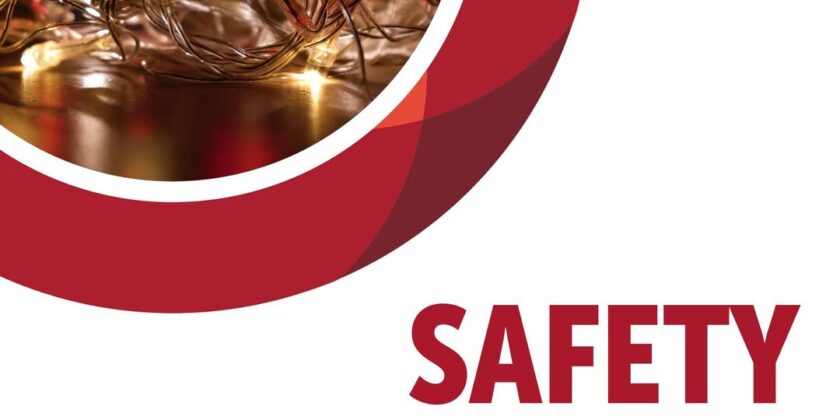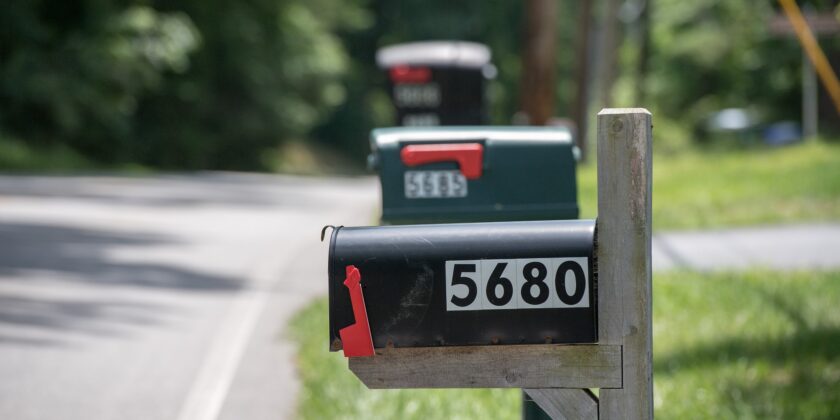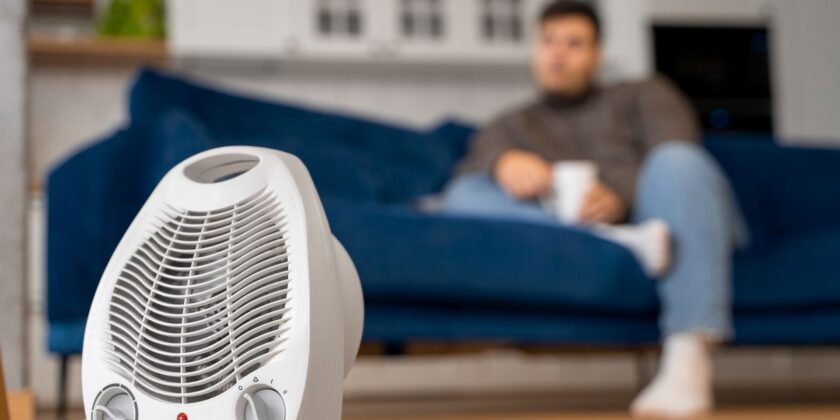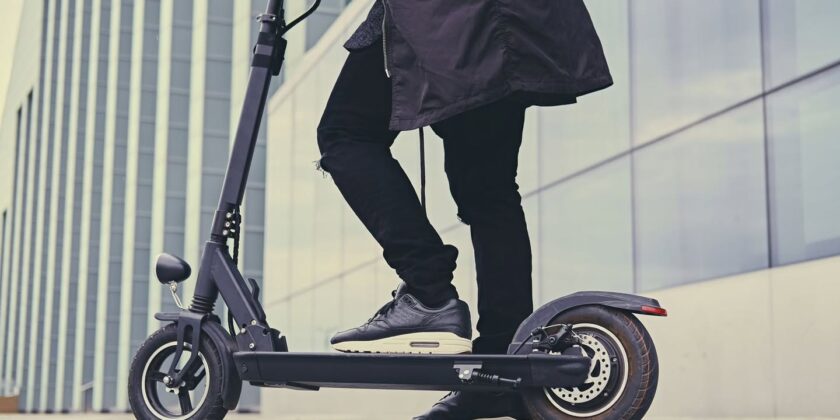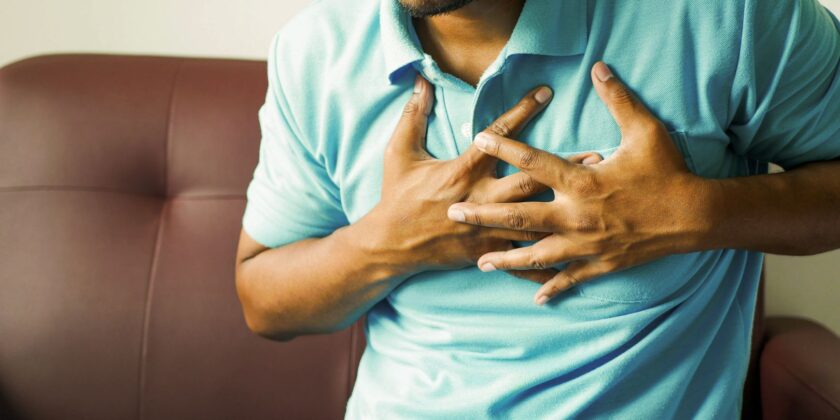Holiday Lights – Winter Fire Risks — Safety Tips
Holiday lights can brighten your home, but damaged or overloaded strands are a major winter fire risk.Take two minutes today to:• Check every strand for broken bulbs, frayed wires, or loose connections.• Make sure your lights stay cool to the touch after a few minutes on.• Avoid running cords under rugs or furniture.• Turn off or unplug all lights before bed or when leaving home.Let’s keep the season bright and safe.Like this post if you completed today’s safety check.For more safety tips, visit GwinnettSafety411.com


